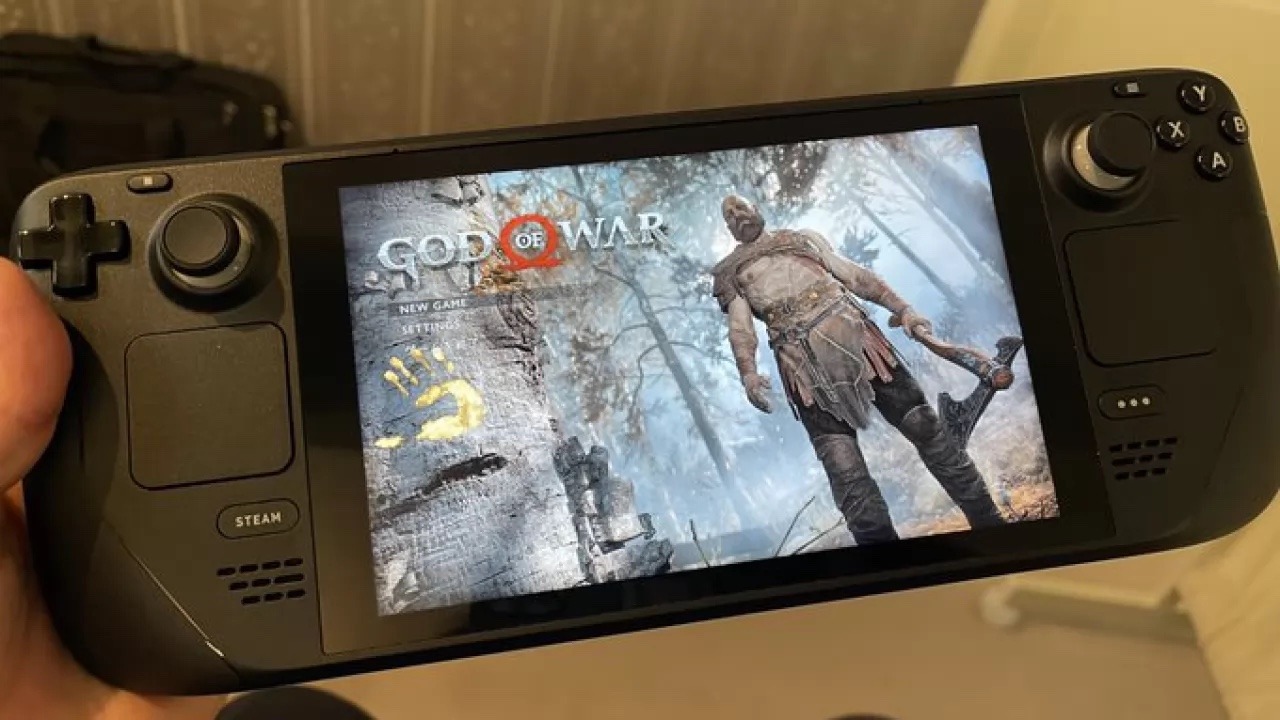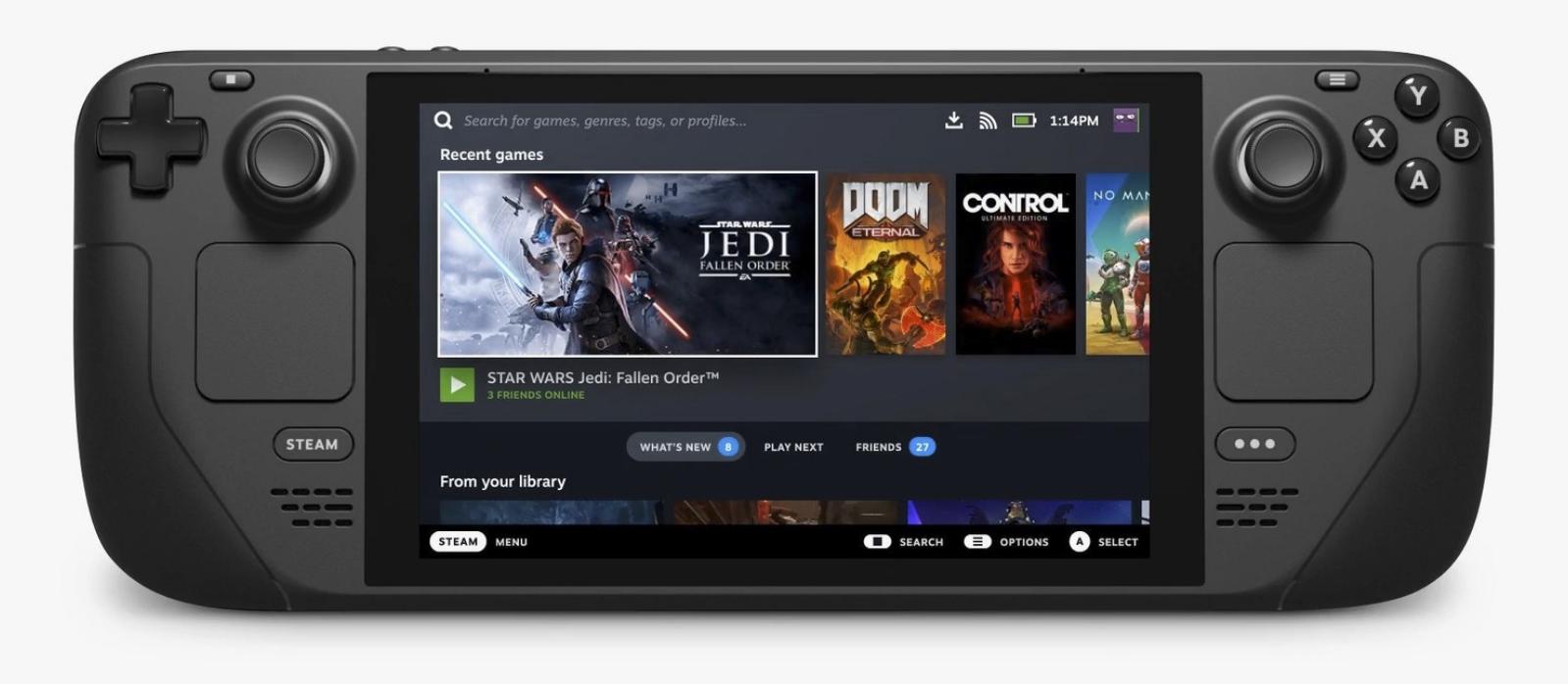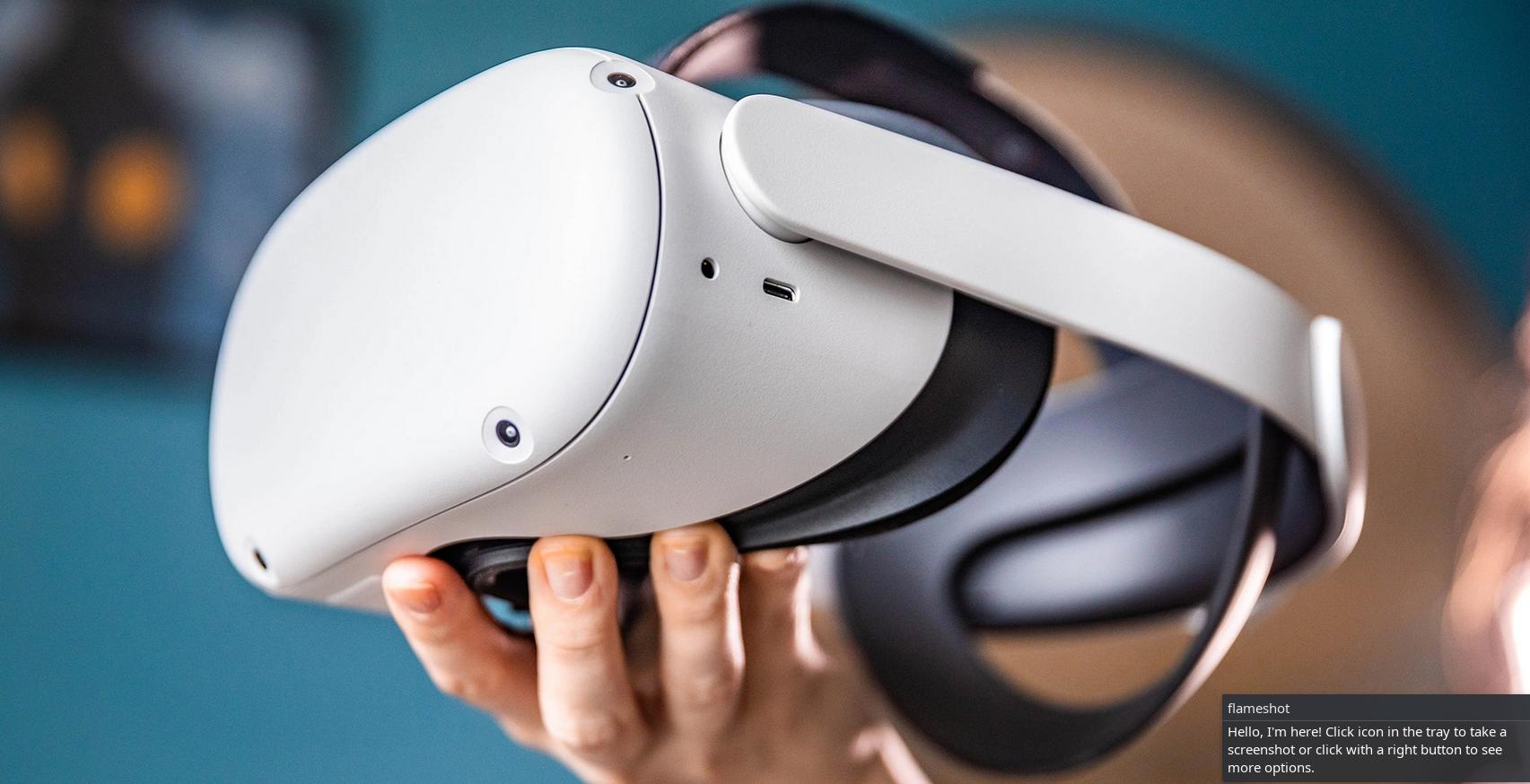Combined Predictions for Linux Gaming in 2022
After collecting individual predictions for Linux gaming in 2022, let’s try to look at what the combined predictions look like as well, as we typically see that combining predictions among several people provides better accuracy on average (i.e. the concept known as the wisdom of crowds).
Note that this can only work if everyone has developed their predictions independantly from each other’s, which is precisely why we did this time again.
Last year we had 7 predictions that stood out, and this year we have 5 of them:
1. A big AAA publisher officially supports Linux/Steam Deck for at least one title, with a native client (7/15)
This was supported by 7/15 respondents (Michael, Hard Penguin, James Ramey, Nusuey, Podiki, Patola, Jugandoenlinux). No one is exactly on the same page as to which AAA publisher would make the jump, but here are the different names given so far: Sony, Microsoft, Ubisoft, EA, Activision, Bethesda. Let’s point out that Sony’s chief (Yoshida) has been happily showing his Steam Deck around, along with being proud to see God of War working very nicely on it. Who knows, Sony might be an unlikely ally to help Valve take off with their platform.

2. Linux Gaming goes to 2% share (6/15)
This was supported by 6/15 respondents (Chris Were, Nick, Corben, Podiki, Cow_killer and Luke Short). In the later part of 2021, the Linux Gaming share on Steam has solidified at around 1% (latest number in January is barely above), and most people expect this to go up in 2022 following the launch of the Steam Deck. It’s fairly clear that the share will go up, yet the key question is whether or not this will be enough to make the platform reach (and cross) the 2% threshold.
3. The Steam Deck sells around 1 million in 2022 (5/15)
Another prediction by 5/15 respondents (Nick, Michael, Jugandoenlinux, Corben, Nusuey). We can also combine with another one in the same line of thought, “The Steam Deck will be sold out throughout 2022” (supported by Podiki, Patola and myself). Since going with exact numbers is very restricting, let’s consider that if the Deck sells between 800k and 1.2 million units, this prediction will be realized. In the current context of electronics shortages, it seems kind of unlikely that the Steam Deck would sell a lot more, but who knows, it’s entirely possible that the real number goes to several millions too. It probably depends mainly on how much Valve can exert leverage on the key suppliers involved.

4. Valve will announce a new HMD device based on Linux (5/15)
5/15 respondents (James Ramey, Corben, Nusuey, Podiki, Patola) thought that Valve would follow up with yet another hardware project (mostly referred to as “Deckard” these days) which would be a standalone Linux-based headset for VR - something to rival the Oculus Quest 2 in its category, for example. There’s technically nothing impossible, and Proton has come a long way to make this possible too - the only remaining piece of the puzzle would be top level support on Linux for SteamVR, which is currently not the case. But as part of an upcoming launch, we could see Valve raise up to the challenge, indeed.

5. Anti-Cheat will only be a problem for a minority of new games (4/15)
It’s kind of unlikely that games already released suddenly change direction to support the Deck, but there were 4/15 participants who thought that in 2022, most newly released titles using anti-cheat technology will work with Steam Deck/Proton. Since we would like this to be measurable, let’s convert that statement into “at least 7 out of 10 newly released titles with anti-cheat technology supporting Proton / Steam Deck in 2022”. Funny anecdote de circonstance, Dear Tim of Epic Fame has clearly confirmed in less than 140 characters that Fornite would never come to the Steam Deck, because bullshit reasons (and moving goalposts). You can’t expect someone who loves to play the exclusives card and who can’t fathom a world outside of Windows on PC to play fair with a competitor like Valve. In any case, it’s just another sign that no matter how much Valve tries to bridge the gap, we are unlikely to get full coverage of games using anti-cheat technology - but most of the newer ones? That’s possible.

Overall
So there you have it! As you can see in this year most combined predictions are somewhat related to the Steam Deck in one way or another - this is not a surprise as the Deck marks a new era for Linux Gaming, reaching a potentially very large market and showing how great a non-Windows machine can be at running mostly games made for Windows. The market’s reaction to the device will be decisive and have long term implications - if it’s a smashing success, it may bring other companies to unite around a common OS and common set of technologies outside of Windows, and potentially provide an extra boost for Linux as a desktop platform.
If it fails to take hold, this may be used as an example that despite doing everything mostly right, Valve could not make a dent on the market, and confirm that the hardware game will be only played by very few big corporations.
This is what is at stake in this year.
